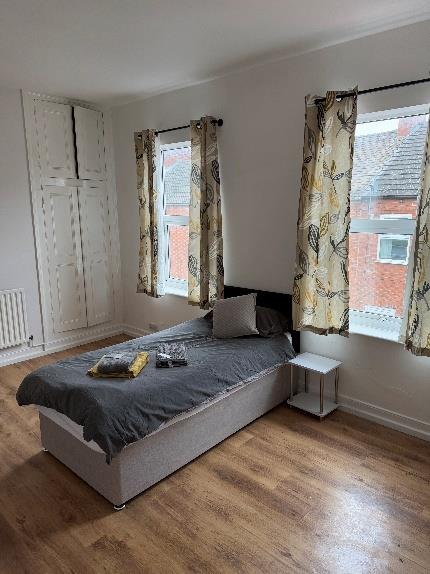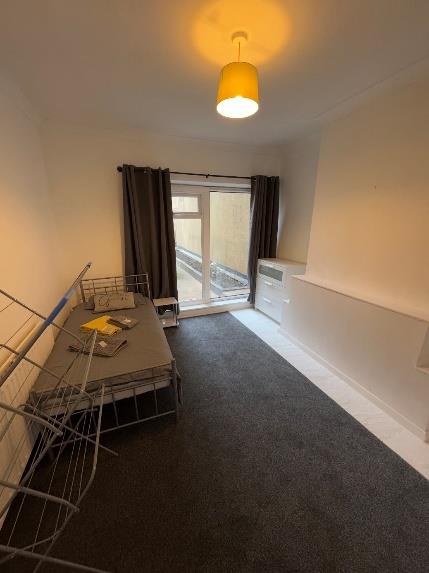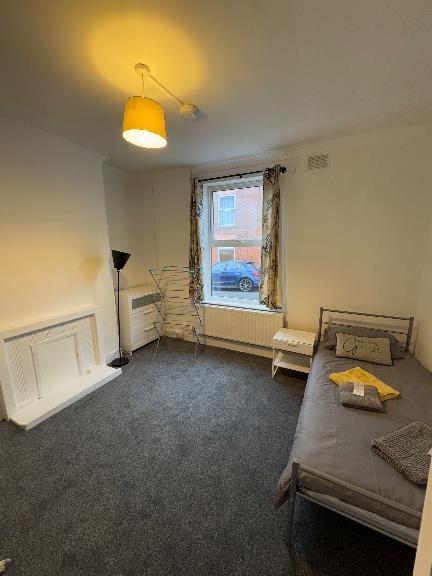


Our team is working tirelessly to prepare a new Temporary Accommodation HMO, set to open in February, which will provide housing for up to five individuals in need. This property represents more than just a place to stay—it’s a carefully curated environment designed to offer stability, comfort, and dignity for those in challenging circumstances.
A Property Transformed
The transformation of this property has been remarkable. From new carpets to plastering, fire doors, and fresh décor throughout, every detail has been thoughtfully executed to create a safe and welcoming space. Our goal is to offer a standard of living that empowers residents, promotes well-being, and fosters the life skills needed for independence.
Why Emergency Accommodation Matters
Emergency accommodation plays a critical role in addressing homelessness, offering an immediate solution for councils and vulnerable individuals alike. This new property, block booked by a local council at a reduced monthly rate, provides significant benefits:
- Cost-Effective Housing:
Unlike costly travel lodges and hotels, which often inflate prices due to local events or peak seasons, this property provides a stable, affordable alternative that keeps council budgets in check.
- A Home-Like Environment:
Fully furnished and equipped with essential appliances and utensils, this accommodation allows residents to cook, clean, and develop important life skills in a home-like setting.
- Budget Certainty for Councils:
With fixed monthly costs, councils can better manage their resources and forecast expenses without the unpredictability of fluctuating hotel rates.
- Regular Property Checks and Support:
Our team conducts regular visits to ensure the property remains in top condition, providing support to residents and promptly addressing any concerns with housing officers.
- Dedicated Maintenance Team:
With our in-house maintenance team, we guarantee swift repairs, high-quality standards, and a consistent level of care, ensuring the property remains a safe and comfortable space for all residents.
Looking Ahead
We’re excited to launch this property and help transform lives in 2025. This HMO is just the beginning, and we remain committed to expanding our portfolio of emergency accommodations, providing essential solutions for councils and making a meaningful difference in our communities.